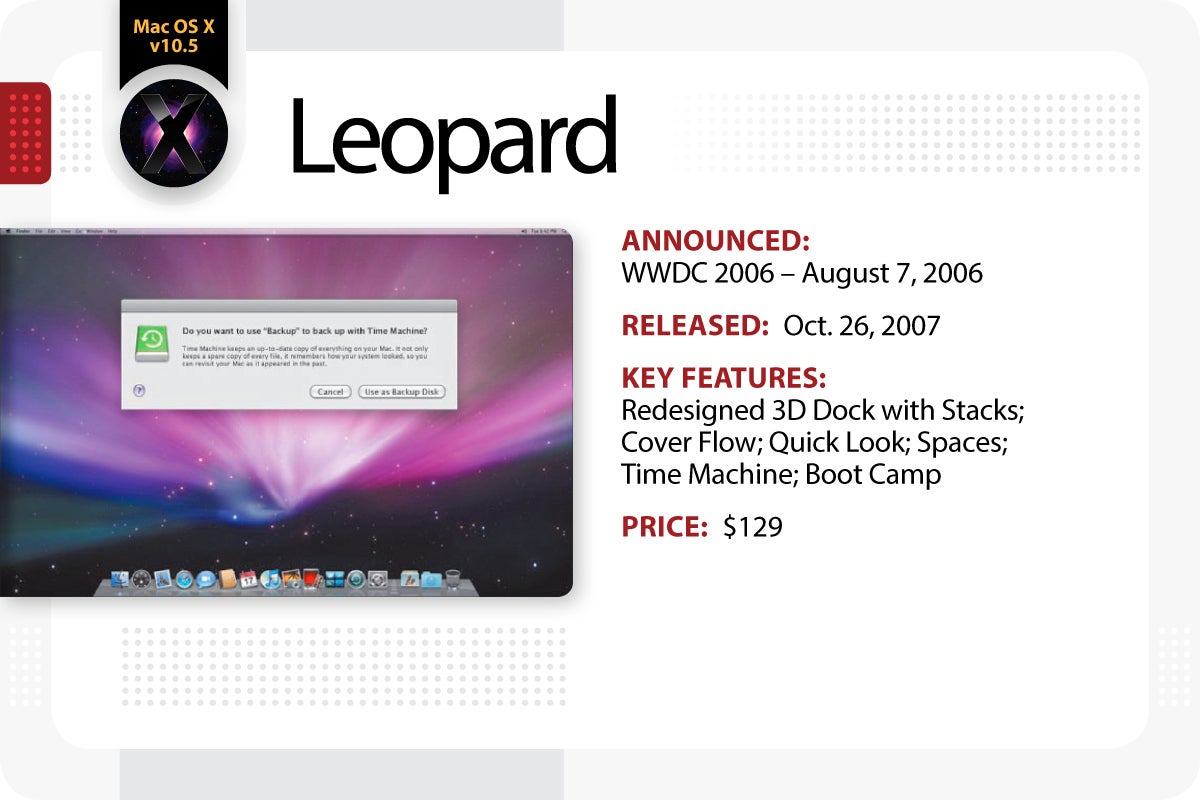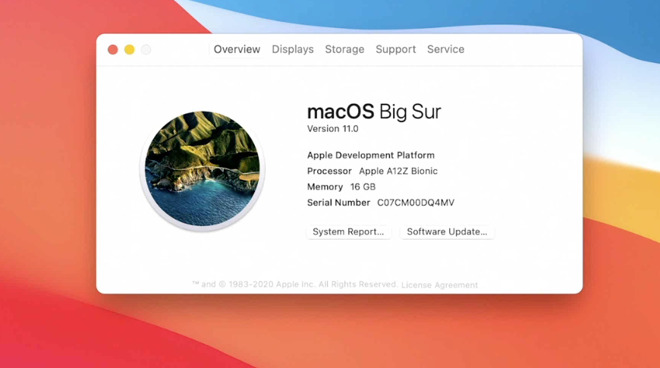

- Mac os x programming using numbers how to#
- Mac os x programming using numbers portable#
- Mac os x programming using numbers software#
Important: Although this guide describes how to create rendering contexts that support OpenGL 3.2, most code examples and discussion in the rest of the book describe the earlier legacy versions of OpenGL. When you are ready to optimize your application’s performance, Apple provides both general-purpose and OpenGL-specific profiling tools that make it easy to learn where your application spends its time. A poorly tuned application may stall either on the CPU or the GPU waiting for the other to finish processing. To get great performance in your application, you must carefully design your application to feed data and commands to OpenGL so that the graphics hardware runs in parallel with your application. Accessing the same data simultaneously from both your application and OpenGL is usually restricted. To access that computing power adds additional overhead because data must move from your application to the GPU over slower internal buses.

Graphics processors are massively parallelized devices optimized for graphics operations. OpenGL Helps Applications Harness the Power of Graphics Processors Relevant Chapters: Choosing Renderer and Buffer Attributes, Working with Rendering Contexts, and Determining the OpenGL Capabilities Supported by the Renderer The drawable object is the final destination for OpenGL drawing commands and is typically associated with a Cocoa window or view. The rendering context manages OpenGL state changes and objects created by calls to the OpenGL API. Your application creates an OS X OpenGL rendering context and attaches a rendering target to it (known as a drawable object). It relies on functions defined by OS X to integrate OpenGL drawing with the windowing system. The OpenGL specification does not provide a windowing layer of its own.

Your application presents the rendered images to the screen or copies them back to its own memory. OpenGL provides functions your application uses to generate 2D or 3D images. As a C API, it integrates seamlessly with Objective-C based Cocoa applications.
Mac os x programming using numbers portable#
OpenGL Is a C-based, Platform-Neutral APIīecause OpenGL is a C-based API, it is extremely portable and widely supported. In addition to OpenGL for OS X, there are OpenGL implementations for Windows, Linux, Irix, Solaris, and many game consoles.

The specification for OpenGL is controlled by the Khronos Group, an industry consortium whose members include many of the major companies in the computer graphics industry, including Apple. Applications can harness the considerable power of the graphics hardware to improve rendering speeds and quality. Every implementation of OpenGL adheres to the OpenGL specification and must pass a set of conformance tests.
Mac os x programming using numbers software#
The OpenGL client-server model abstracts hardware details and guarantees consistent presentation on any compliant hardware and software configuration. OpenGL is an excellent choice for graphics development on the Macintosh platform because it offers the following advantages: OpenGL greatly eases the task of writing real-time 2D or 3D graphics applications by providing a mature, well-documented graphics processing pipeline that supports the abstraction of current and future hardware accelerators. OpenGL is an open, cross-platform graphics standard with broad industry support. To create high-performance code on GPUs, use the Metal framework instead. Important OpenGL was deprecated in macOS 10.14.


 0 kommentar(er)
0 kommentar(er)
